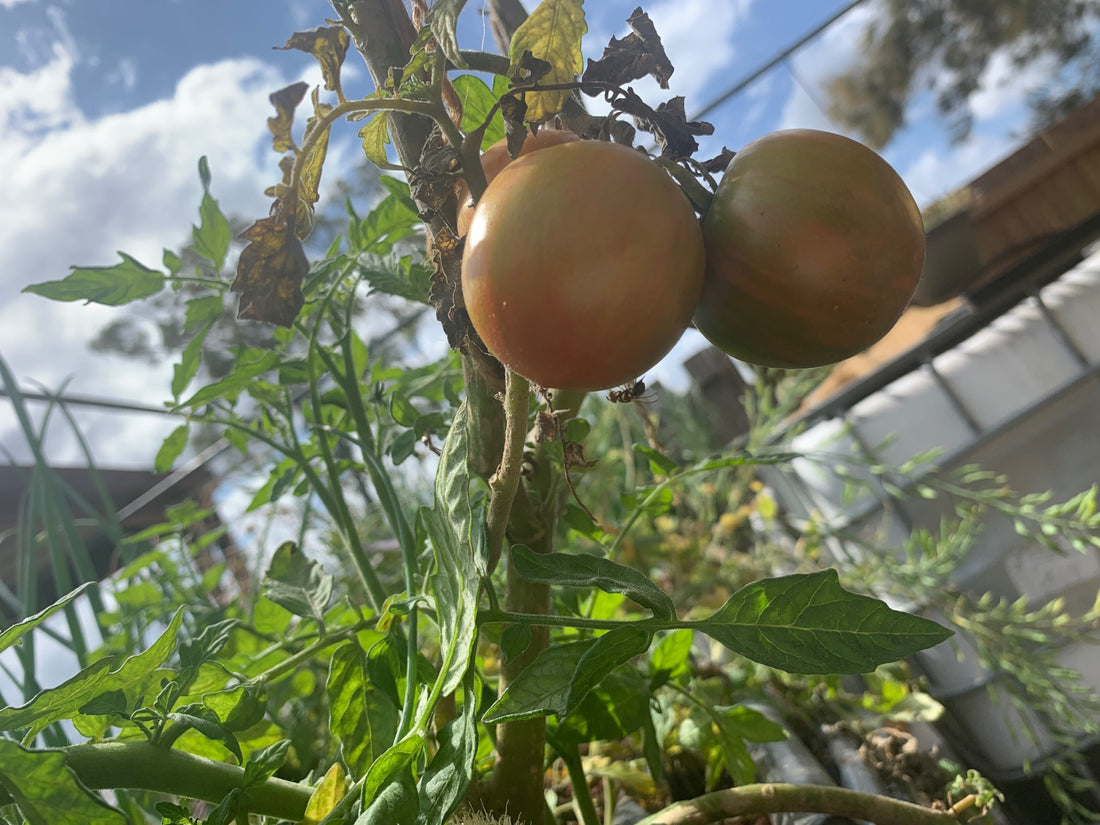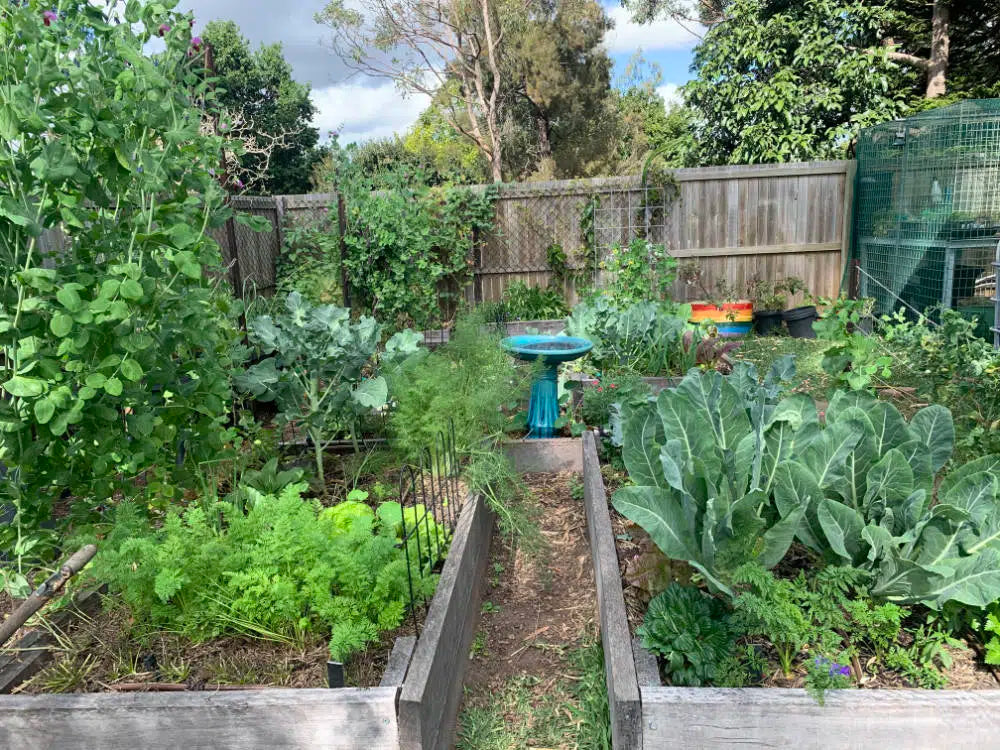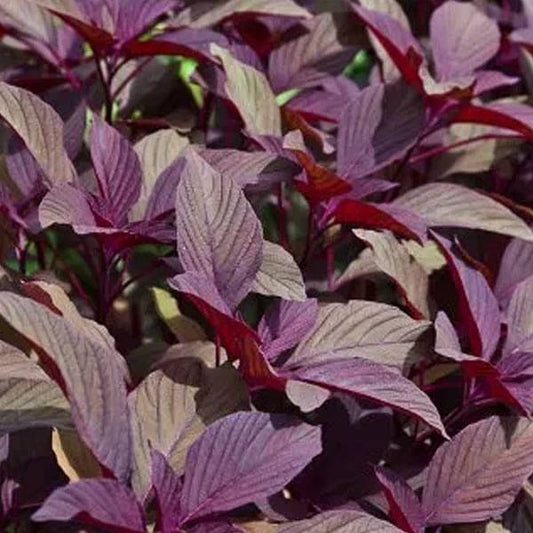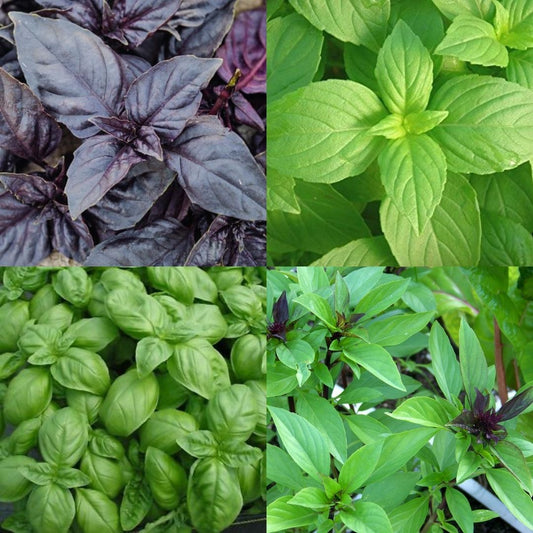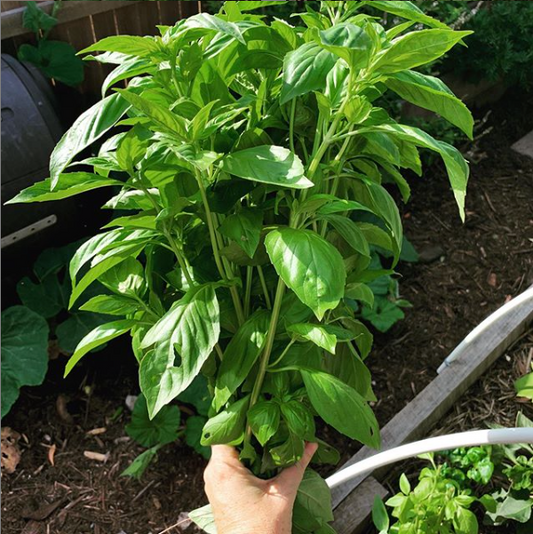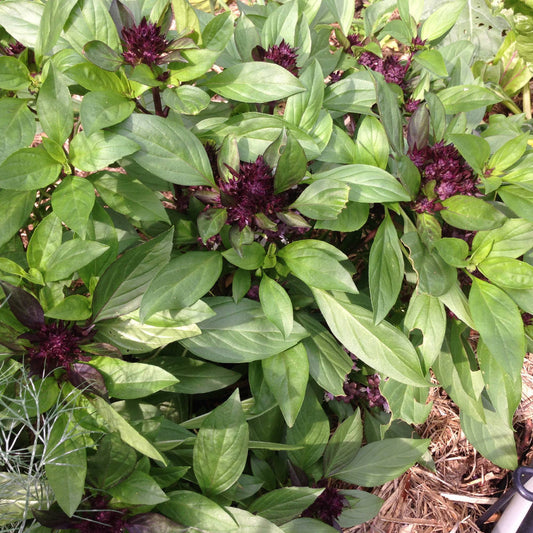Growing food is fast becoming a lost art. It’s feared, it’s unknown, it’s challenging, it’s rebellious. But it doesn’t have to be hard. Join me in the Love of Dirt podcast where we explore topics around growing food, fair food and sustainable living.
Subscribe or listen to new episodes here.
So this week, the last week of spring I made a shocking discovery. The fruit fly have arrived here in the subtropics..
I had a over 1kg of san marzano tomatoes that I sat down to process to make some semi dried tomatoes which i was super excited for.. I cracked open the first one and found it loaded with the wriggling larvae.
QLD fruitfly is not to be mistaken for the vinegar flies you see hovering around your compost bin, these guys are nasty and devastating.
We have a bumper crop of tomatoes and I have no doubt the entire crop has now been lost to these guys and to say I am devastated is an understatement
I was way too late getting organised at keeping them away from my fruit, but to be fair they have arrived 2 months earlier than what I had expected.
Fruit fly will often show up after a bit of rain and humidity, but we now prepare for the in the end of August here in South East QLD.
https://www.instagram.com/p/B20wzWDAXbt/
So how do you deal with fruit fly organically?
Well for me it’s exclusion nets, it worked successfully last year for me. I always just never bother planting fruit over the warmer months, but summer just doesn’t feel like summer without tomatoes.
Baits and Traps
Baits and traps work limiting their numbers and acts as part of a wholistic approach. Protein baits will generally kill both male and females, the traps kill the males, breaking the breeding cycle (and also alerting you of their presence).
If you're not netting fruit but using baits you may still find that your fruit is being stung. However, you numbers will be dropping which will help in subsequent seasons, particularly early on.
Be diligent about the spread of fruit fly
I don’t really see them ever getting under control as we have far too many huge mango trees that would be a breeding ground for them in the depths of summer.
So it then becomes about about managing your own space, protecting your crops and limiting their spread.
Be mindful of how you discard any affected fruit, don’t put them in your compost bin or regular garbage. They’ll just fly out as adults and you haven’t broken the cycle. If you’ve got chickens give them to the chickens - ensuring that all the fruit is eaten right away (don’t overload them). If you don’t have chickens or other animals that are happy to eat fruit full of wrigglers then you can either freeze them for a week and pop in the bin or put in a bag in the sun to solarise. I never put them into my compost just incase, instead we either send them to landfill or burn them.

